When you hear the word “braces” you may have instantaneous flashbacks to high school or experience visions of awkward teens with mouthfuls of metal. But the truth is, adult braces are much more commonplace and attractive than they used to be. And there are several options that are nearly invisible! The number of people seeking adult orthodontics is growing rapidly.
Some people never had the chance to get treatment as children or teens. Others had treatment in the past, but are now experiencing a relapse. If you have the will to improve your smile, we have a way to make it happen. With the right treatments, we can correct issues that have been plaguing you for years – there is no age limit for orthodontic treatment. Whether you suffer from crooked teeth, an overbite, or an underbite, we’re here to help.
If you schedule an orthodontic assessment, you’ll meet with Dr, Hodge. Dr. Hodge will listen to your concerns and then perform a comprehensive examination of your teeth, including your jaws.
Then, you’ll go over the options together and decide what works for your lifestyle and budget. We offer a variety of treatments at Hodge Orthodontics:
- Traditional metal braces
- Ceramic braces
- Invisalign
Together, you will discuss the pros and cons of each system based on your lifestyle preferences, dental needs, and aesthetic tastes. If you’re feeling self-conscious about having adult braces, ceramic or Invisalign may be the right choice for you. Just be honest about your preferences and we’ll work with you to make this experience as comfortable as possible.
Do I Really Need Braces?
This is a question that only you and your orthodontist can answer together. But while cosmetic reasons for getting adult braces are completely valid, they can pale when compared to the health reasons for having orthodontic work done.
Maybe you needed braces when you were younger, but you never had the opportunity and now you continue to struggle with various orthodontic problems. Or maybe you didn’t need braces as a child or adolescent but now you’ve developed problems as an adult. Some people’s teeth shift more than others over time – even the natural growth of your jaw can cause positioning issues for your bite and jaw alignment.
Whatever your reason for waiting, you can’t afford to let your orthodontic problems go unchecked. Let’s look at a few of the health risks associated with crooked teeth, overbites and underbites, overcrowding, incorrect jaw position, and jaw joint disorders:
- Headaches
- Earaches
- Jaw pain
- Facial pain
- Gum and bone erosion
- Irregular wear of tooth enamel
- Problems with chewing, speaking or biting
- Gastrointestinal problems caused by the inability to properly chew food
- Increased incidence of periodontal disease and tooth decay
- Trouble cleaning your teeth fully, which can lead to food accumulation and plaque between teeth
- Temporomandibular joint disorders (TMD, often incorrectly called “TMJ”)
What Are the Benefits of Braces for Adults?
There are several benefits to beginning orthodontic treatment in adulthood – and not all of them are about improving your smile. Straight, well-aligned teeth are easier to care for and keep healthy. Some of the benefits are:
- Teeth that are less prone to wear, chipping, or other tooth trauma
- Teeth that are easier to keep clean, which prevents cavities and tooth decay
- Lower chance of developing periodontal (gum) disease
- The improvement of chewing, which can help with the digestion of food
- A healthy, attractive smile
- Improvement of self-esteem
How Long Will I Have to Wear Braces?
Everyone is different and the answer to this question depends greatly on the severity of your orthodontic problems and your individual situation. But in general, three key factors will determine how long you’ll be in braces:
Early Treatment
Early detection and treatment help get orthodontic problems under control before they become more serious, which makes them harder to treat. Early treatment usually only applies to adult orthodontics when you’re experiencing a relapse from previous treatment. Maybe you stopped wearing your retainer after a few years and now your teeth are the tiniest bit crooked in the front. If you notice something like this, it’s best to address it as soon as you notice it. The longer you wait to seek orthodontic treatment, the longer you will have to wear braces.
What Needs Correction
Everyone has different dental problems and different teeth. This means that each individual will require an orthodontic treatment plan that has been designed around their specific needs – and this can affect the time it takes for your braces to come off. Some patients only need a year of braces, while others may require extra time. Times vary based on how swiftly your teeth respond, how much work is required to straighten your smile, and how compliant a patient you are. Which brings us to the next factor…
You
The number one factor in how long your orthodontic treatment will last is you. Your willingness to use the orthodontic devices that we prescribe will directly affect your results. In other words – if you don’t wear your retainer, your teeth will not get straighter! This applies to all of the techniques and treatments that we suggest. So take care of your braces and appliances and we promise they’ll take care of you much faster.
If you have any questions about braces for adults or if you’d like to schedule an appointment, call us or contact us through the site!
